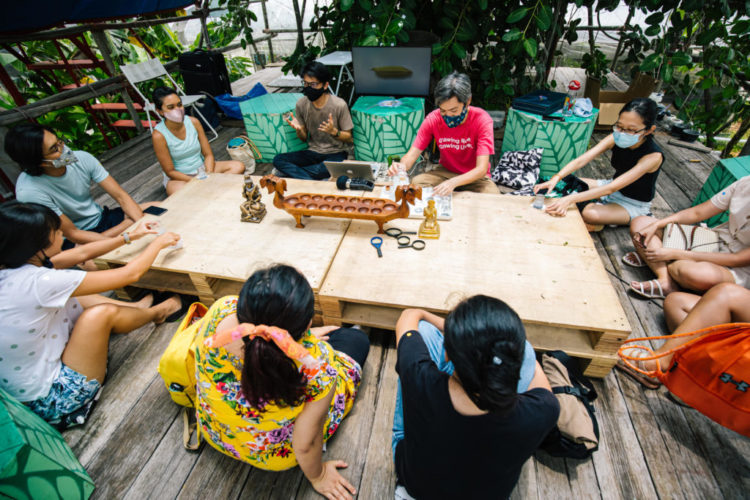
Singapore Art Museum (SAM) Residencies receives strong local and international interest from countries such as Denmark, India, Thailand, and Argentine for the first-ever open call.
On 15 July, Singapore Art Museum (SAM) announced its first international batch of residents for their inaugural residencies program in this press release. Following SAM’s first open call for applications in December 2020, which received close to 1,000 applications, 18 residents have been selected to be a part of the first cycle of the SAM Residencies. 15 independent practitioners and 3 art collectives have been offered a studio-based residency across four residency types – Artist Residency, Community & Education Residency, Curatorial & Research Residency, and EX-SITU: Art Spaces Residency.
Residents hail from countries and regions across the world, including Argentina, Denmark, India, Indonesia, Singapore, South Africa, Thailand, the United Kingdom, and more. Each residency will span a period of between one to six months, starting from October 2021.
The topics and themes explored in each residency cycle will reflect contemporary concerns. The Cycle 2021/2022 focuses on the notions of intimacy, infrastructure, and the impact of technology on contemporary life. The first batch of Cycle 2021/2022 residents will be in residence between October 2021 to March 2022. Each resident will develop at least one public program during their time in residency. These eight incoming residents will bring with their diverse research interests, responding to the cycle’s topical focus in various ways.
One of the most comprehensive residencies programs in Asia, SAM Residencies aims to support artistic experimentation and innovative practices, encourage collaboration and exchange, and engage both the art community and the public at large. There will be opportunities for the public to interact and engage in dialogue with the residents through programs such as studio visits, film screenings, talks, performances, and workshops.
Read the full article with more information on the first batch of incoming residents here
